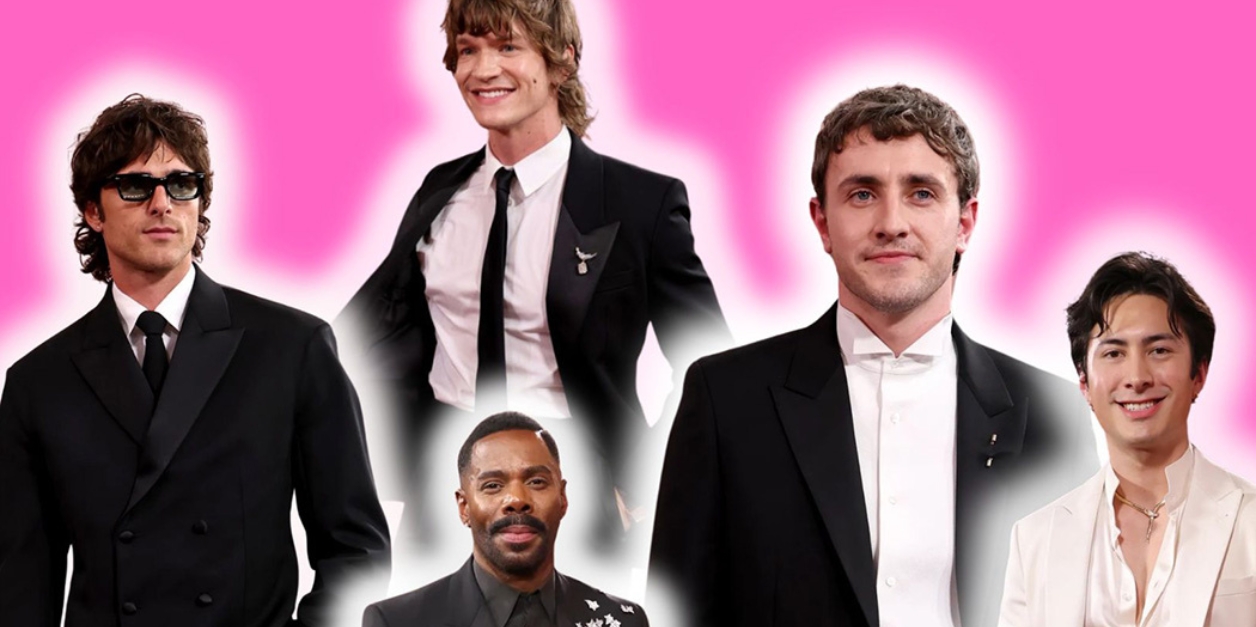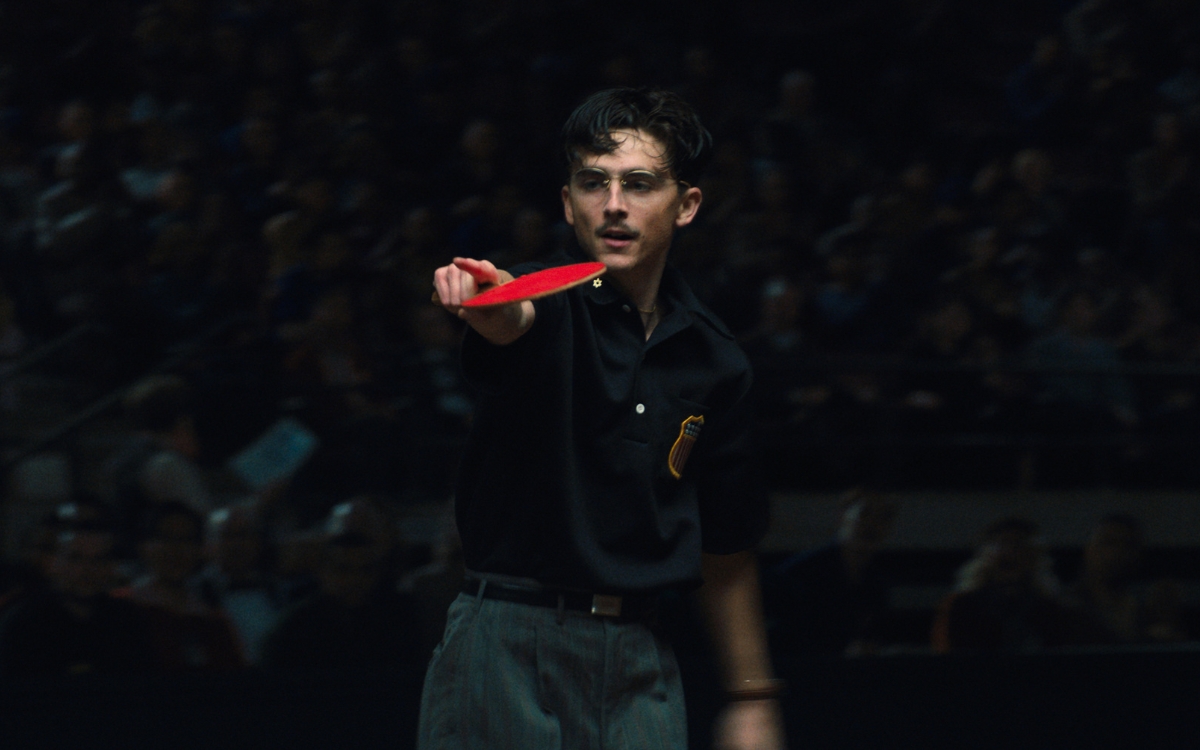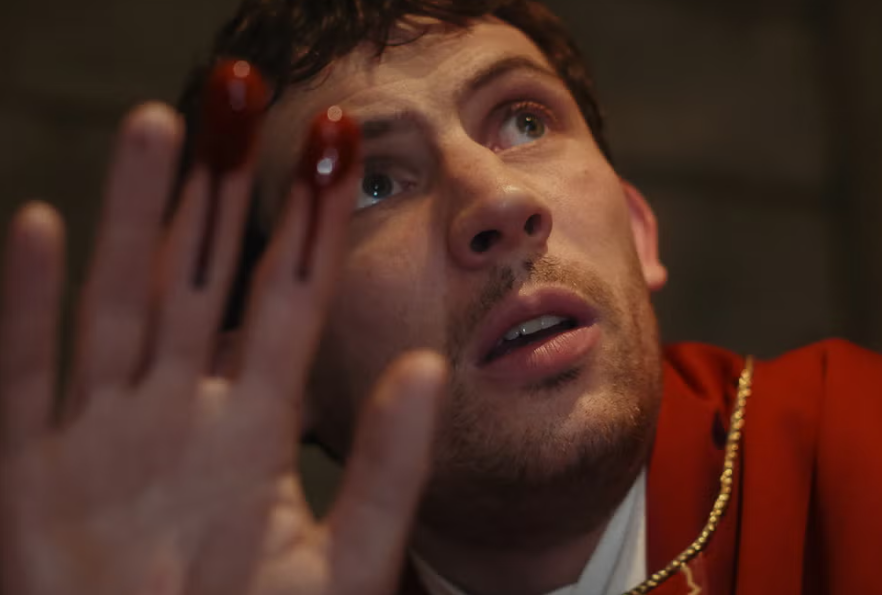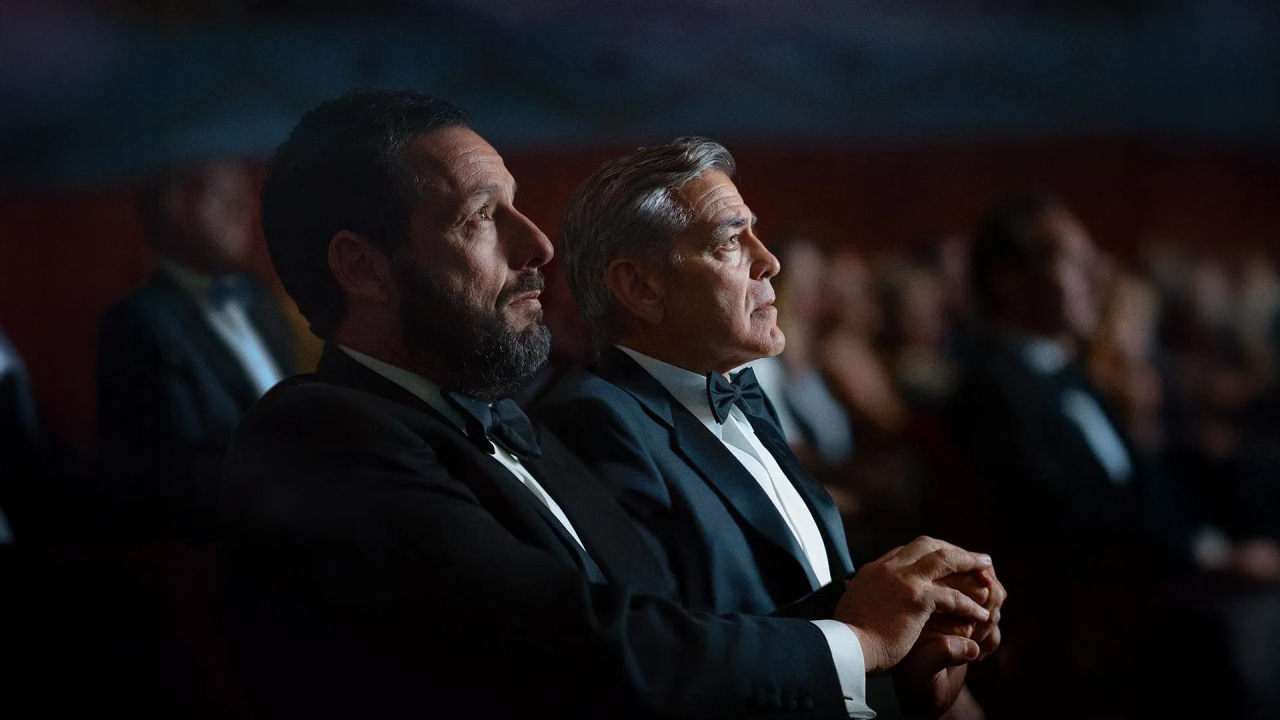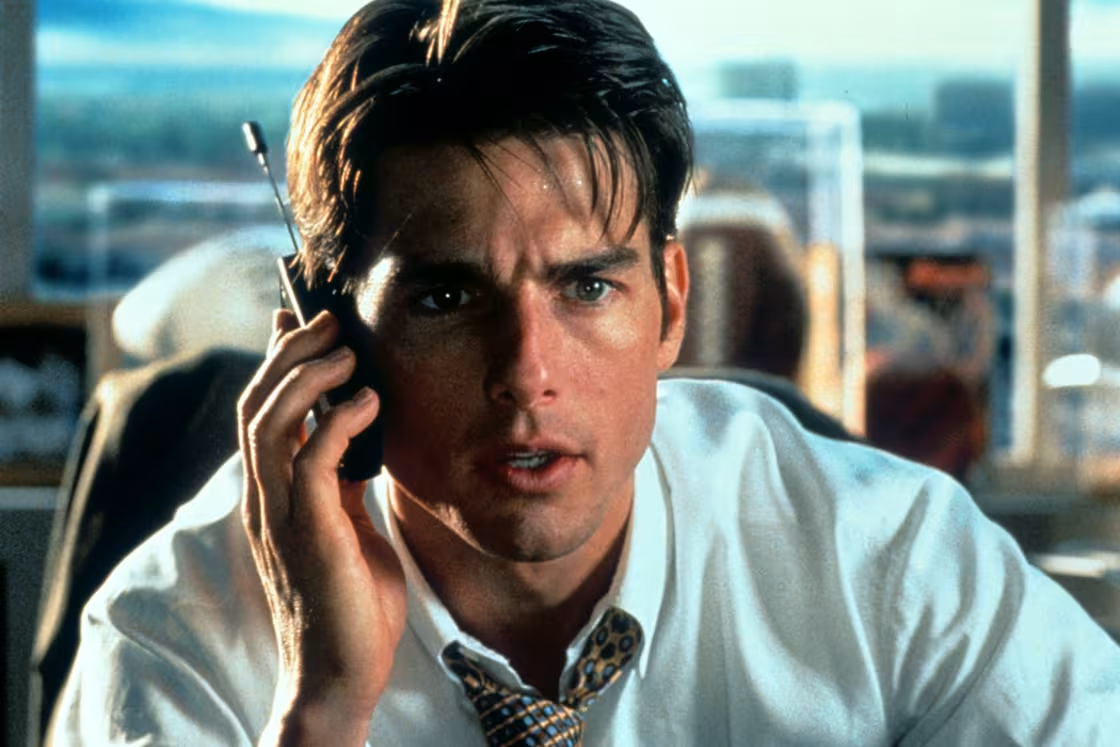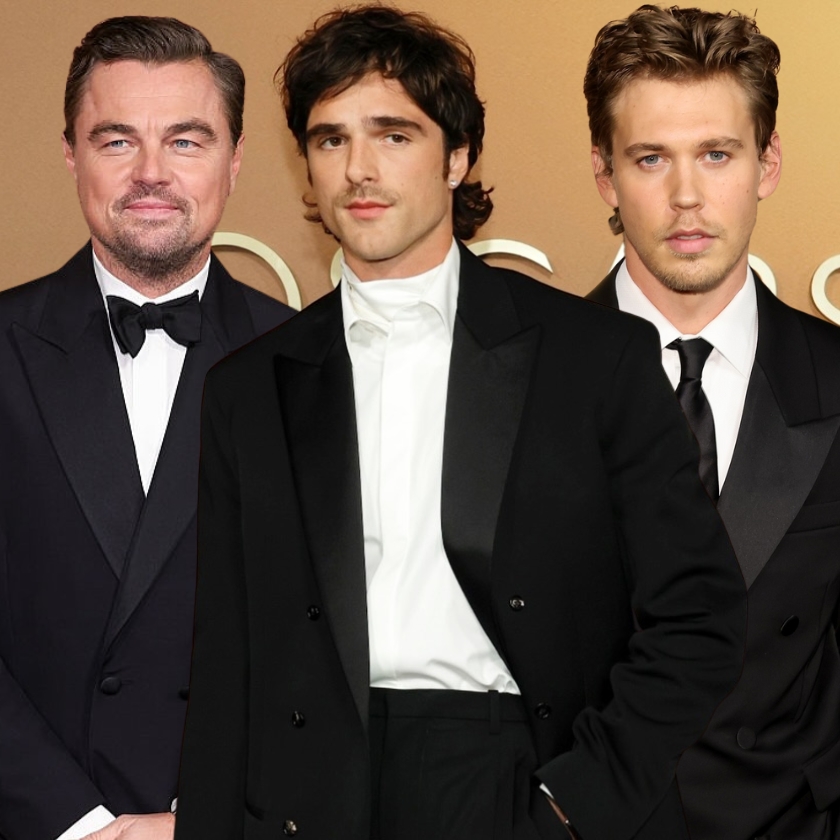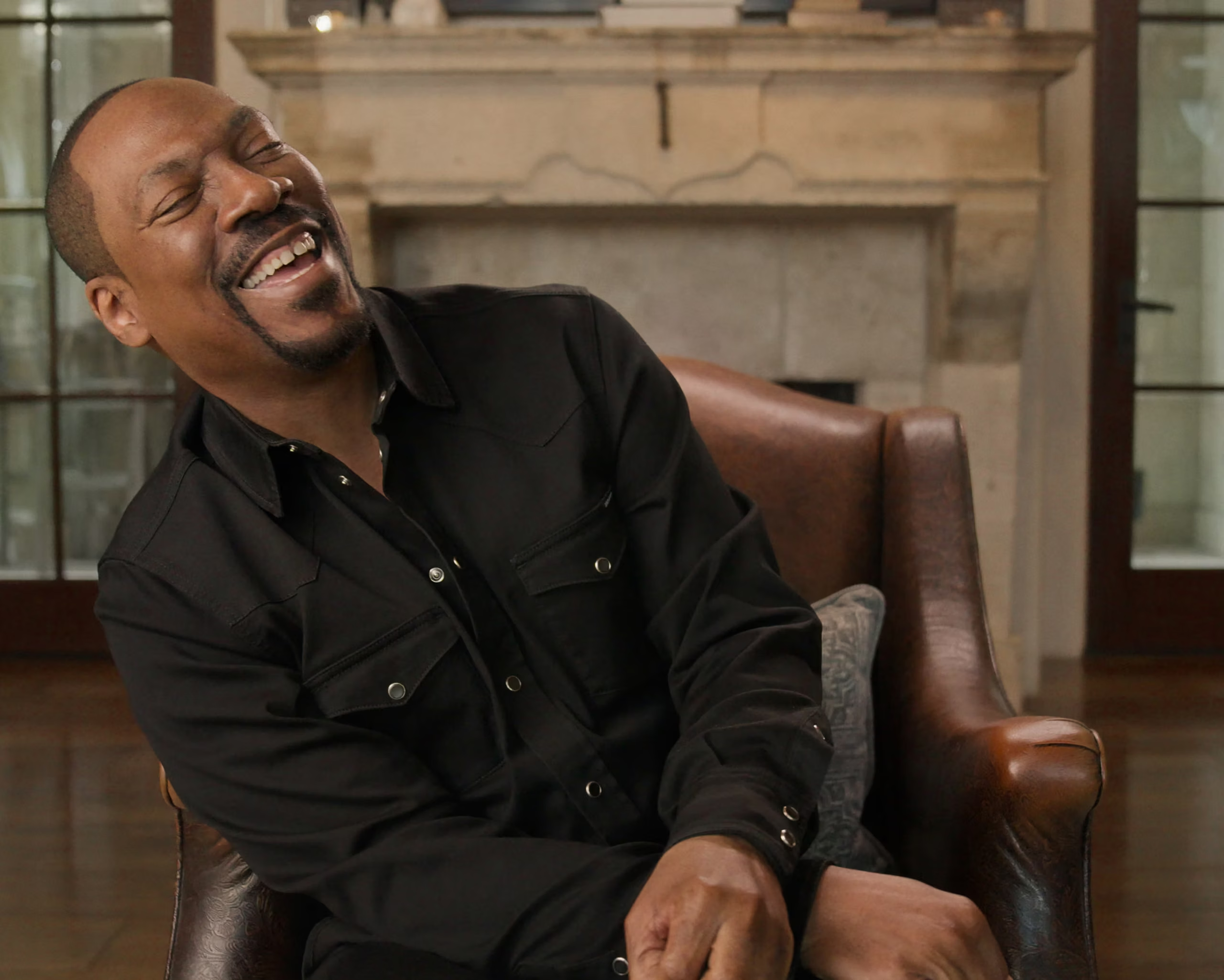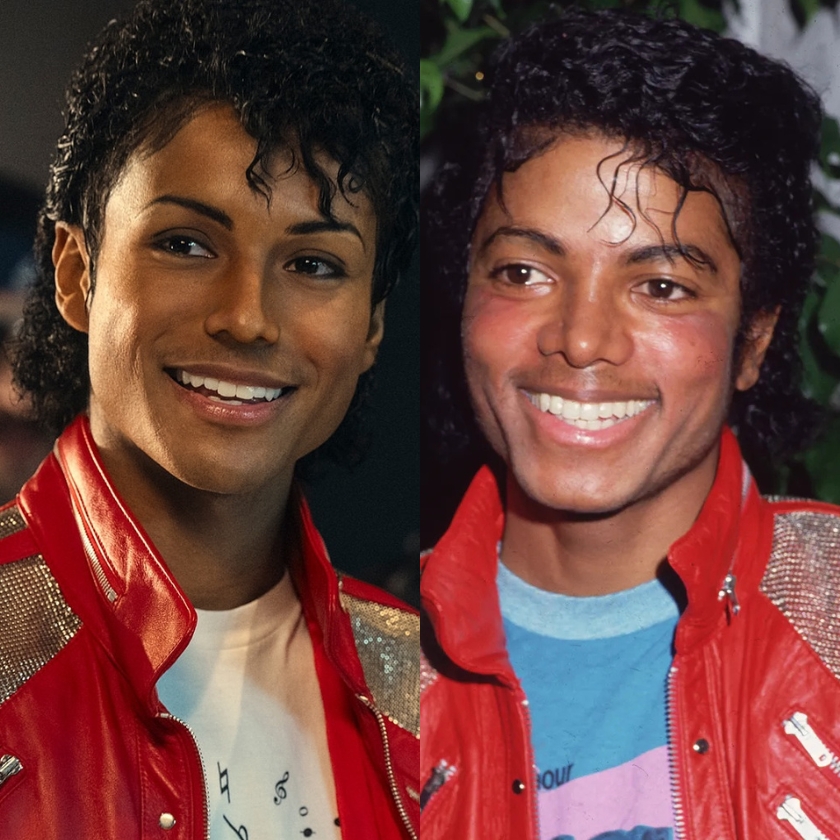Formula 1 and the joys and rewards of a sporting soap opera
Sports offer low-stakes drama involving overpaid and overhyped protagonists. No wonder there’s a lot to like

IT WAS ON Wednesday night that news of the sacking of Red Bull Racing’s mercurial principal, Christian Horner, dropped like a bunker buster into the writhing mosh/cess pit of social media. There, its seismic impact reverberated across the digital landscape like one of those videos that show the destruction that might be wrought by a city-killing asteroid hitting Earth, enveloping feeds, cascading into DMs and causing strong currents in group chats.
The reaction was similar on mainstream news sites, as Horner’s sacking trended on Google, sending frantic content creators into overdrive as they attempted to ride the algorithm toward an illusory chequered flag.
Coming off the back of the recent Brad Pitt vehicle, F1: The Movie (which, with its aging protagonist showing the youngsters how it’s done, seemed better suited to Tom Cruise), the news confirmed what many suspected: Formula 1 is now one of the most popular and certainly most powerful sporting brands on the planet. It also confirmed something else: sporting soap operas are hard to beat.
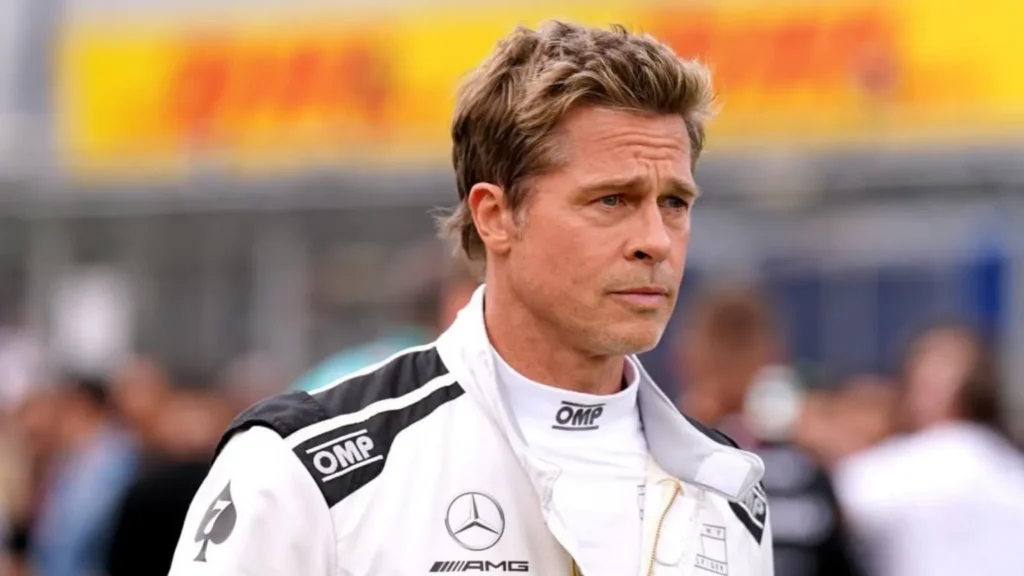
You certainly couldn’t ask more of Horner in playing the role of antagonist, with last year’s scandal involving alleged inappropriate behaviour toward a Red Bull staffer (for which he was twice cleared of wrongdoing) and a reported rift with golden boy Max Verstappen.
As a sporting organisation, it’s a boon when it’s not your stars who are attracting headlines, but what have traditionally been regarded as tertiary figures in the sporting landscape – managers, coaches and team principals. And when such news inches into the feeds of casual or even non-fans and gives corporate drones in office kitchens a lifeline of common ground, you know you truly have the masses in your grip.
This is the case in AFL-obsessed Melbourne, where the axing of coaches is breathlessly reported and minutely dissected by self-important analysts. In the NBA, constant trading of players fosters a combustible dynamic that’s ripe for speculative gossip and scalding takes – ‘Kevin Durant is a bus driver’ – and it’s much the same in the NFL, America’s most popular sport.
If you’re a committed fan of a particular sport, you already know much of the fun occurs off the field – it’s the backstabbing, the politics and the drama – that sustain you during a bleak home-and-away round in June.
The irony, in the case of Horner, is that a few years ago, before the stupendous success of Drive to Survive, many of us who were not F1 diehards, would have struggled to identify who he was. Maybe we knew him as former Spice Girl Gerri Halliwell’s husband. Now he’s a name that drives the news cycle and sends social media into a tizzy.
It’s perhaps also ironic that it took a strategically masterminded docuseries to make F1 and a figure like Horner the subject of overheated, sometimes hysterical debate. A further irony – this is meta commentary after all – is that reality generally trumps the confected plot lines of scripted drama. For evidence of that see F1: The Movie, a technical masterpiece belaboured by plotting as serpentine as the track at Hungaroring, and emotional stakes as frothy as post-race bubbly.

In contrast, in the years since Drive to Survive first launched, any time something juicy has occurred on the track or in the paddock, fans have looked ahead to the show’s next season, keenly anticipating seeing up close, what went down. The only problem, in this case, is that the F1 cavalcade moves so fast that by next year Horner’s sacking may appear stale, as it’s trumped by the next bombshell unravelling in real time.
Other sports have attempted to mimic the template laid down by DTS; tennis has Breaking Point; golf has Full Swing; and the NBA has Starting Five, to name a few. For the most part they’ve failed to capture the politicking and exquisite pettiness that made DTS a testosterone-fuelled cousin of Vanderpump Rules.
That sport contains many of the hallmarks of shows like MAFs or Vanderpump, is perhaps not a comparison many male sporting fans are in a hurry to make. Reality TV has long been dismissed as a woman’s domain. The truth is, sport, once you buy into it, offers many of the same tropes and the same opportunities for pathos, pettiness and sheer bastardry/bitchery, that reality TV does.
Both forms of ‘entertainment’ shape as harmless diversions from the drudgery of existence. In sport’s case, the protagonists are as easily cast as reductive archetypes and caricatures, as they are sources of inspiration and aspiration, making them appealing figures for projection. It helps that players and coaches, at least in male sports, are generally so rich as to be insulated from any real harm or consequence, which, of course, makes them objects of envy and easy targets for social media firing squads.
And the stakes, if viewed from afar, are dazzlingly low. Grown men – and increasingly women – are paid exorbitant sums to chase a ball around a field or drive a car around a track. Of course, it’s only when you accord diversions like sport and reality TV sufficient gravity and personal investment – when you treat them like they do actually matter – that they offer the greatest reward.
When that happens, the spoils are shared by all, not least, sporting administrators. You can bet the powers at be at the highest levels of F1 are shaking up bottles of Moët & Chandon right now. And why wouldn’t they? When your strategic 10-year plan for soft-power world domination pays off, you may as well spray bubbly all over your fellow sporting bureaucrat, toasting the fact that right now, from a cultural standpoint, at least, F1 is in pole position.
Related:
Christian Horner sacked at Red Bull. What happens now?
Toto Wolff on how Mercedes is handling life after Lewis Hamilton












